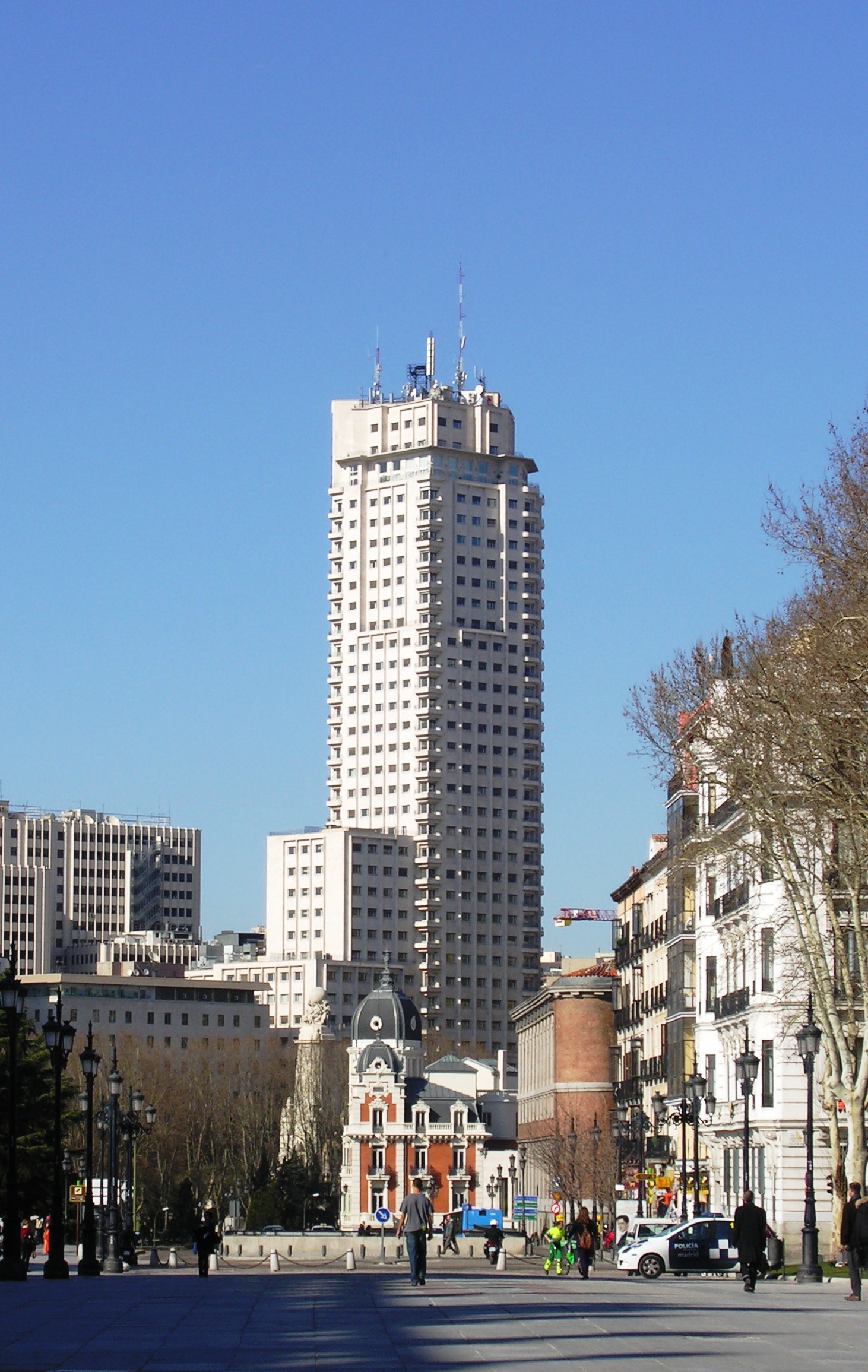After some post recently, I was triggered to summarise – and expand …
Since there is a bit of history missing. Being the Theory of Firm. Which is, among other stuff but au fond, about the creation of the manager. As the go-between of ’employees’, as the go-between between the workforce and Capital. As the foreman, the one in charge of coordination – when the people come together because they can achieve more in cooperation than the sum of their individual efforts, through specialisation of labour, those specialised contributions need coming together in one way or another, and the provider of capital (the thing that other raw materials are paid with hence the about-only thing to receive deferred payment; don’t get me started on the so absolute quod-non of the ‘inherent right’ to rent above trivial liquidity and risk compensation…) will want to talk to just one. Originally, sometimes capital provider and leader/cooperation-initiator/manager were one, until external capital was required from parties that extorted control. Big sic there.
Well, now don’t go blaming me that it is on the capital provider side that criminally biased rules and regulations have crept in. Flash capital, extortionist locust ‘capital management’ groups, et al., have forced their mob ways into ‘normal’ conduct — almost; the Rheinland model [first, learn to pronounce that correctly, then, get to understand it fully, then, return and prostate and happily receive your life sentences for your transgressions] still holds sway, and sometimes veers back a bit. A bit.
So yes, to the latter, that is criminal, and the cause of cushions called management layers, ever more wrongly devised and developed. And yes, we would need some totalitarian revision of organisational structures to cure it all. Including, starting with, the redefinition [i.e., throwing away all that function there smoothly now, as they denounce their incapacity to really do what’s really required] of middle management and refilling the positions. Also capping CEO pay to, say, something like 10 times the average pay of the bottom 10% of the workforce. All contribute, and a CEO may need a little compensation for when [not if; should be law..!] something goes wrong, his (sic) head rolls. But not too much. When the CEO is sacrificed, something went so wrong that many will get hit; the CEO being in the best position to survive it, qua social and economic strata he should be in. Workers, much less so; much less opportunity to have built buffers, capice?
But maybe not absolute only Owners and Professionals. That will simply not work. Both sides would, even in an ideal world of perfect information everywhere, be buried under control information to the mountainous levels that they wouldn’t have time left [if you’d need more than 25 hours a day to do your work, just work that little longer!] to do their primary jobs…
But a revisit of Galbraith’ four information processing capacity increasing routes, as here, is desperately necessary… Surely, herein lies the way forward to much better organisational design, integrating the latest of possibilities qua information processing and internal and external networking, making possible the creation of true networked organisations and individuals…?
Oh, and:
 [Completely undoctored, also unsmoked, pic from Toronto]
[Completely undoctored, also unsmoked, pic from Toronto]















